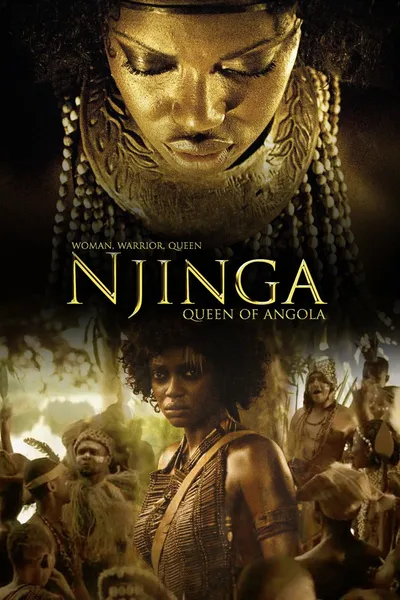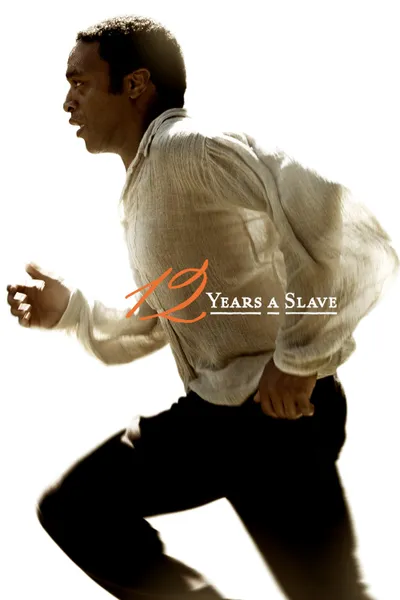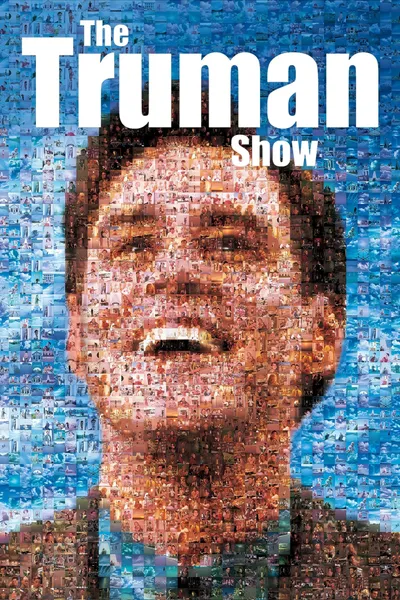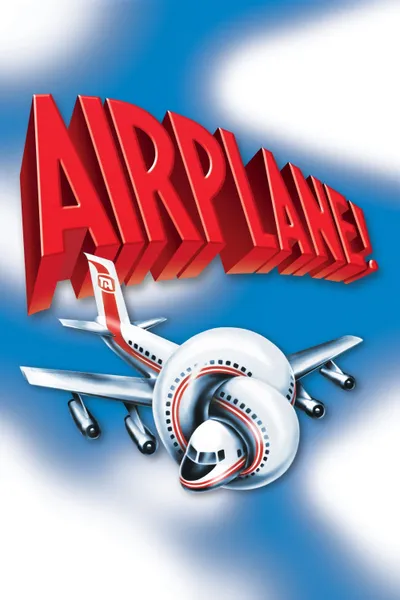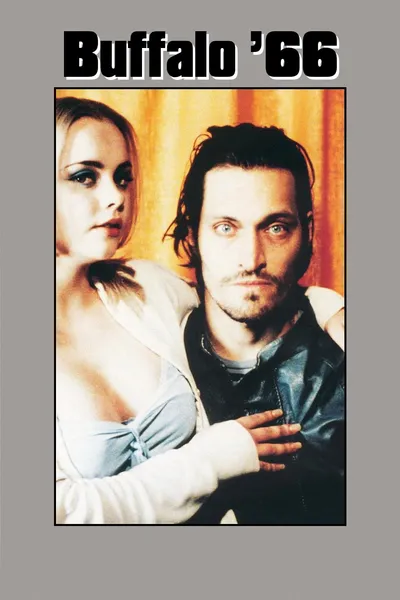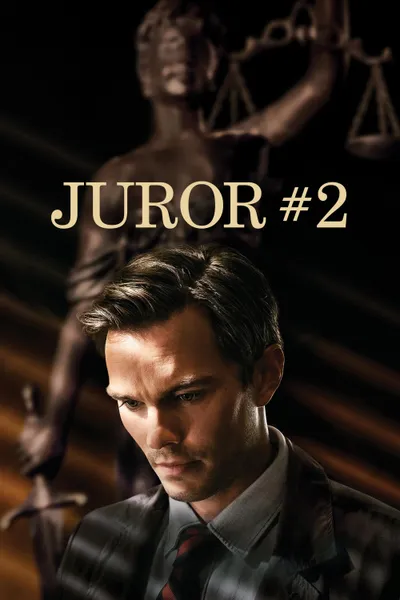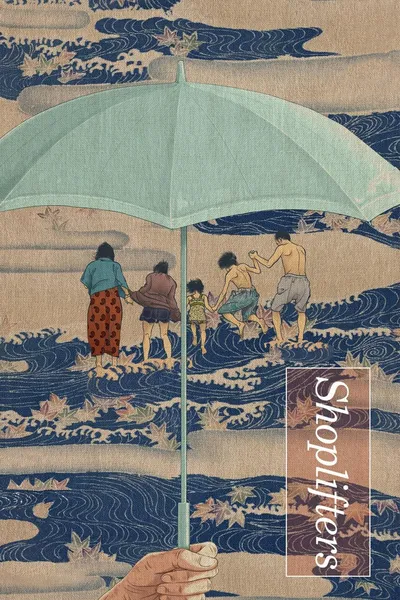Reviews

Filipe Manuel Neto
December 2, 20235.0
**Nzinga: the woman, the national leader, the mythological figure.**
I saw this film yesterday, and I was reasonably satisfied. I don't think it's the first Angolan film I've seen, but it's certainly the first with some historical background. The film has flaws and will be uninteresting for anyone who is completely unaware of Angolan history, or the history of Portuguese presence in Africa. However, it is surprising due to its good production values and a certain rigor and objectivity in the way the story was told. There are flaws, the dialogues are very weak and melodramatic, but the film works.
Firstly, who was Nzinga? Well… she was an African stateswoman from the mid-17th century. One thing I liked seeing in the film was the complex relational mechanics between African tribal royalty, in every way the same as those that existed in European monarchies, with marriages and alliances between kings and tribal chiefs, struggles for power within a family, palace coups, betrayals and crimes. Nzinga grew up in this environment and had to learn to survive and to be as strong and fearsome as any man, feeling most capable of ruling and with the prior certainty that the traditions of her tribe would never allow her to do so. However, she did it! Always aiming to control power in the long term and ensure the survival of her family's kingdom, she acted intelligently and took advantage of the weaknesses and advantages she could. I believe we will never know to what extent Nzinga may have been Machiavellian: did she really kill members of her own family to secure power? It would not be the first time.
The film addresses, very well, tribal wars, rivalries between African kingdoms, the Portuguese threat to the independence of these kingdoms and the fluctuation of the Portuguese stance, which sometimes sought peace and sometimes sought war. However, there is one subject that the film does not seem to want to address in a very open and sincere way: the slave trade between the Portuguese and the African kingdoms. In fact, slavery was something so widely accepted by everyone that Africans themselves enslaved each other in the course of their internecine wars, and there was a slave trade, absolutely legitimate and legal, in which rulers like Nzinga profited immensely, and which they had an immense interest in controlling. The film gives this suggestion, sketches the general picture, but we never clearly see Nzinga as a slave trader, as someone who profited from slavery, as everyone at the time did.
Today, who is Nzinga? For Angolans, she became a symbol of their independence and a national heroine. A myth. Everyone knows that countries need national myths and heroes, and Angola, a young country, has none of these, except for Agostinho Neto, who was deified in a somewhat absurd way and who, conveniently for the country's political regime, whitewashed his blunders and the stupid phrases that he often expressed in the media. Angola doesn't have a William the Conqueror, a George Washington, and they looked for that in Nzinga, who never thought she would be the target of such attention centuries after her kingdom disappeared. It is up to the historian to separate the historical figure from the mythological one... the film takes advantage of both.
Some final notes that I consider very important. I don't know the actors in the film, but I was pleased with the cast's overall performance: they don't have cinema quality, but the whole film breathes “television”, and seems more made for TV and DVD than for cinema. It's a pity, but it's understandable. I also liked the adding of a narrative voice, but I think that an additional effort should have been made to contextualize and explain more about the historical moment and Nzinga, considering that many people do not have their youth history classes very fresh in their memory. I also liked the reconstructions of the villages and the stage props, which denote an effort to obtain a certain historical authenticity. This effort can also be seen in the very occasional use of Angolan tribal languages (I think they could have used much more, because although it is true that many Africans spoke Portuguese well, I find it difficult to believe that they used it among themselves) and also of tribal nudity. It is common, in my reviews, to protest against excessive or unreasonable nudity. Here it's the opposite: if they were naked back then, don't be ashamed to show it. And I'm glad the production had some boldness at this point.
Recommendation Movies
12 Years a Slave2013
Titanic1997
Oppenheimer2023
Pulp Fiction1994
The Truman Show1998
Joker2019
Once Upon a Time... in Hollywood2019
Interstellar2014
Shutter Island2010
Airplane!1980
12 Angry Men1957
Buffalo '661998
The Wolf of Wall Street2013
Juror #22024
Shoplifters2018
2001: A Space Odyssey1968
Inside Out2015
Black Swan2010
PK2014
The Shawshank Redemption1994
© 2025 MoovieTime. All rights reserved.Made with Nuxt
